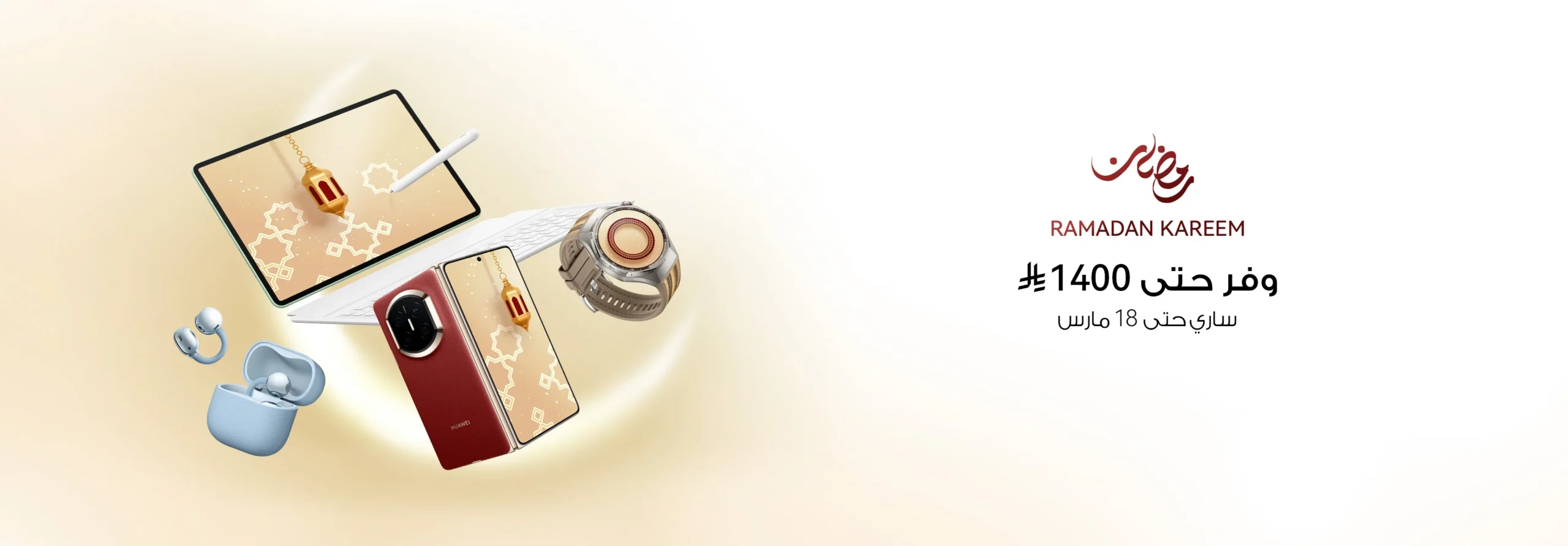Studying abroad as a Middle East student unlocks numerous opportunities and ensures your access to some of the world’s leading universities. Undoubtedly, the Middle East also has several high-ranked institutes and universities but some foreign countries provide more privileges that motivate students to move abroad. Among these countries, Australia, the UK, Germany, and New Zealand are the most preferred destinations for students.
Why Certified Translations Are Essential
Moving to these countries means students will probably pursue their professional careers in the same country. However, students require language assistance to prepare their educational documents and appear in the interview for visa approval. They cannot rely on individual translators while preparing crucial educational and immigration documents. This calls for certified Arabic translation services to accurately prepare personal and educational documents in your target language. Professional translators provide accurate and reliable translations, increasing your chances of getting approved by international institutes.
Accuracy is Paramount
When it comes to translating educational documents, simply relying on individual translators may put your entire case at risk. This is because international institutes only accept documents in their predefined format that aligns with their standards. Failure to comply with these formats will impact your visa approach process and may result in rejection. Students invest a lot of time and resources to avail these opportunities. That’s why they’re always concerned about preparing documents to the best of their knowledge and seeking expert guidance to align with international students. Certified translators take the hassle out of their educational documents and prepare translations that make your case stronger.
Official Recognition
International universities accept documents that hold official recognition. A simply translated document may not deliver the same impact as the one translated by a certified resource. When an educational document is stamped or signed by a qualified translator, it carries the necessary authority to be accepted by international institutions. Certified translation is a way to speed up your process as document acceptance can be delayed due to improper translation. Students prefer certified translation but they struggle to find the best resources with relevant expertise in their target regions. For instance, students applying in Germany will require a translator who holds certification in the German language as well for flawless results. A professional translation company can ensure your access to relevant certified translators who not only prioritize your document translation but also add more value by stamping their certification.
Aligning with Visa Requirements
Apart from educational documents, immigration and personal documents also require specific attention to detail to streamline the admission process. Many countries require translated documents for student visa applications, as Arabic isn’t acceptable in European and other countries. Your documents like birth certificates, marriage certificates, and official records in Arabic need to be translated into your target language for instant approval.
Sometimes students worry about visa delays and rejection. In some cases, improper translation makes it difficult for immigration officers to understand and process their documents. On the other hand, certified translations demonstrate you’ve taken the proper steps to ensure your credentials are understandable to immigration officials. For more information on finance, visas, traveling, and UAE-related topics, an excellent resource for all your needs.

Certified Translation Fast-track Application Process
International universities receive countless applications every year from around the world. Similar to the Middle East, students from Asia and other regions also seek study-abroad opportunities. This indicates a lot of competition for international applicants. International universities are supposed to offer equal opportunities to everyone. However, students sometimes struggle to present their case due to language and cultural barriers. This limits their expertise and ultimately results in rejection. Certified translation makes your Arabic documents accessible to officials, allowing universities to efficiently assess your qualifications. It ultimately leads to faster processing time as your certified translation has helped you take the lead over other international students.
Present Your Case Professionally and Confidently
The dream of studying abroad is full of barriers and challenges, yet you can eliminate them with the right approach. Students spend a lot of time and pay hefty fees during the application process. Even after doing in-depth research, they aren’t confident with their application. It is probably due to poor translation or unprofessionalism in their approach. Furthermore, students in the Middle East aren’t exposed to major international languages. They need a reliable resource to add more value to their documents. Certified Arabic translation services help you create a positive first impression on universities, demonstrating your dedication and positioning yourself as the most suitable candidate. Accurate translation reduces a significant source of pressure on your application and gives you confidence.
Final Thoughts
Studying abroad is the ultimate goal of every student in the Middle East and neighboring regions. It gives them significant exposure to the international markets and allows them to pursue their professional career as well. However, the process can be complicated without the assistance of a professional resource. Certified translation acts as a bridge for students to apply confidently and present their documents as per international standards. It is more than just a formality, it’s a way to show commitment to international languages and strengthen your case.








